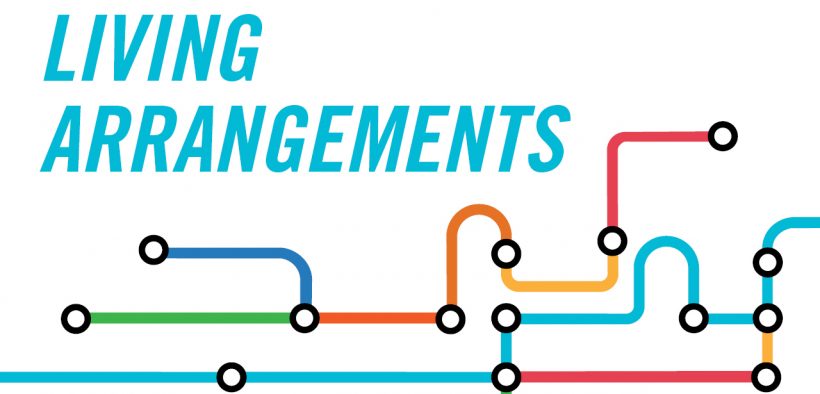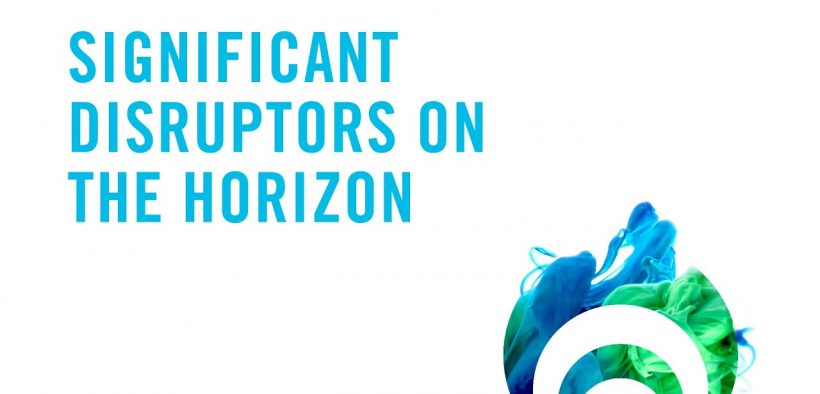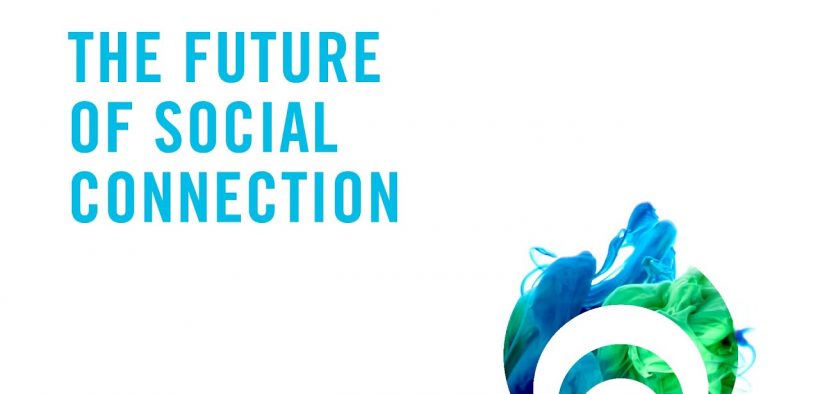LOADING
57:10 

Envisioning an inclusive net-zero future | Futures Week 2022
September 21, 2022
Examining the role of inclusivity in climate change and sustainable futures. Recorded May 31, 2022.
32:34
Keynote Address | Futures Week 2022
September 21, 2022
How governments can use strategic foresight to shape a better future. (31/05/2022)









